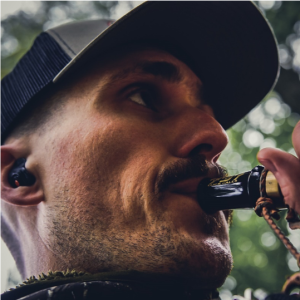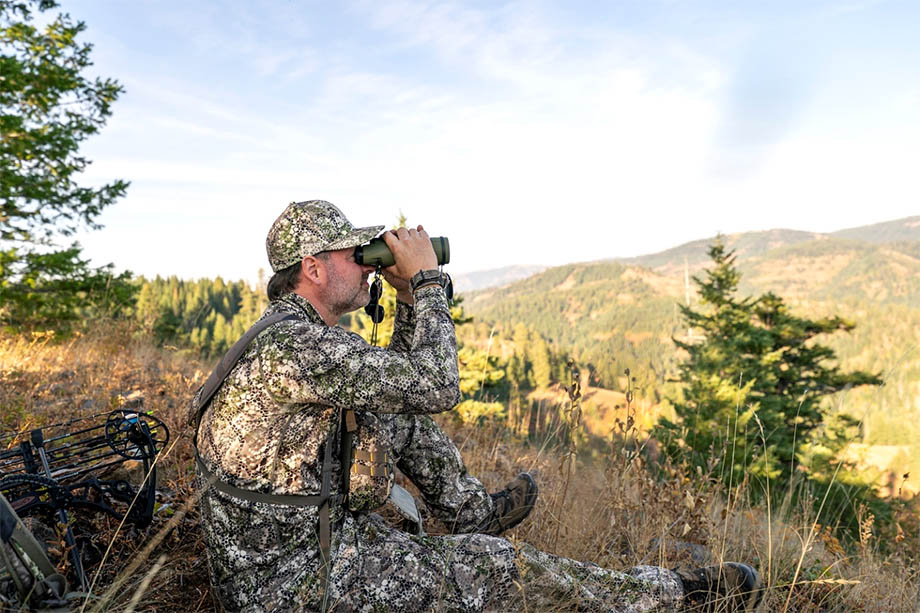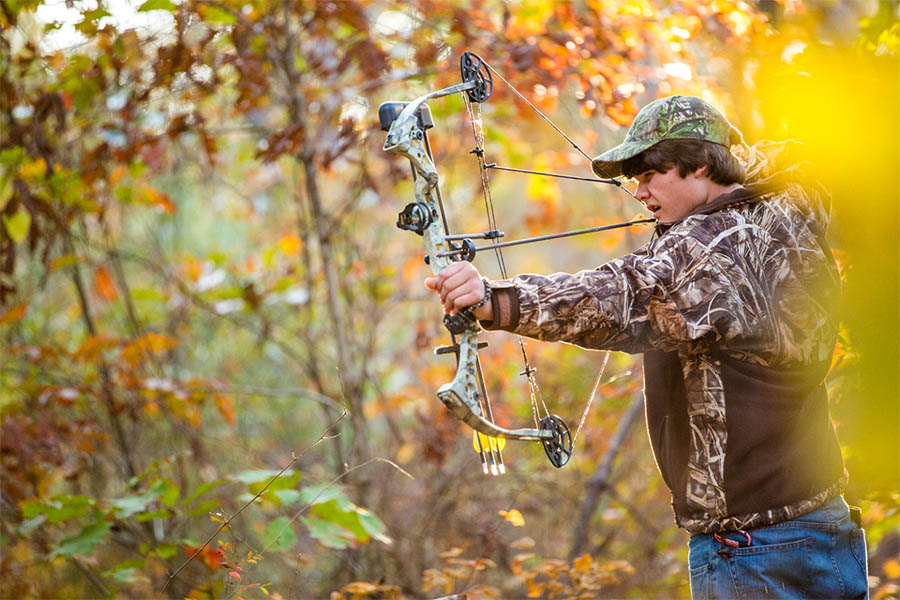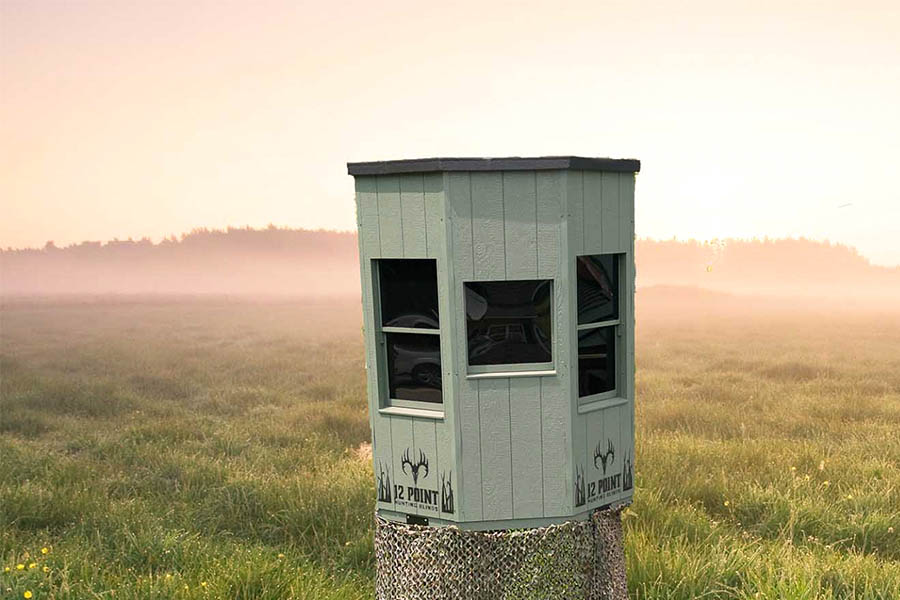Expert Advice: Choosing the Ultimate Hunting Dog

Let’s get this out of the way quickly, the perfect dog does not exist. There’s no science, no certainty, no exactness to it. Picking a great dog to some extent comes down to sheer dumb luck. That’s not to say that we don’t have ways of hedging our bets when we are looking for a new hunting companion. And just to be clear, I am not talking about gimmicks like using a wing on a string or choosing the most attention seeking dog in the litter. Instead, choosing a hunting dog comes down to three simple aspects: breed, lineage, and style.

Breed
There are many different hunting dog breeds that someone can choose from when they are looking for their next hunting partner. Everything from retrievers to pointers to hounds. Dogs that love putting on miles in warmer weather and dogs that thrive with a dripping coat in late January. Knowing what type of dog you want is imperative before you begin to go any further in your quest to find the perfect dog. To know exactly what breed is best for you, you need to first get relative to yourself.
Prior to choosing a breed, you need to first be honest with yourself about your goals and your hunting style. If you are someone who loves to take walks through the CRP and only occasionally hunts waterfowl, then a versatile pointing breed might make a great choice. But if you’re someone who chases honkers across the Midwest and only spends 10 days afield hunting pheasants at a preserve, chances are that the GSP you picked up is not going to be the all-star you hoped he would.

Find the Parents
Once you have determined your breed there is only one thing that might make or break you getting a great dog vs an average one and that is lineage. Being able to track a dog’s family history back to their great-great-great grand pappy isn’t always a necessity, but it can give quantitative data on what the dog may end up becoming. Sure, you might strike gold and pick up a lab mix from the pound that just happens to enjoy picking up birds, but why not stack the odds in your favor for something you are going to spend 12+ years with.
Now if you can’t find or can’t afford a dog with papers that trace back its heritage to the pilgrims at Plymouth Rock, there’s no need to break a sweat. Besides knowing a dog’s ancestry, it is important to meet the dam and sire of your prospective pup. Go and watch them and how they interact with the world around them. If you see them displaying positive traits such as an off switch, desire to please, and a love for carrying objects, you have a strong possibility that the pup will turn out just fine.

Style and Function
Let’s talk about the looks of a dog. No matter what breed you buy, what game you chase, or what state you live in, you will have to live with this new family addition all year round. There are only a handful of months during the hunting season and your dog’s appearance is important. What’s the point of looking at an ugly dog laying on your couch 6 months out of the year?
Knowing the substance behind each dog’s looks can also help in the decision-making process. In other words, what benefit does your potential new dog’s coat or body type bring to the type of hunting you do? Longer coats offer greater protection from the outside world, although they also come with the added stresses of consistent maintenance. Shorter coats benefit big running dogs who must endure warmer climates, offer less protection overall to the dog, but come with the benefit of a lower amount of grooming. Body size also plays a vital role. Small dogs thrive in different scenarios compared to their larger counterparts.
Recap

No, the perfect dog does not exist, but the perfect dog for you just might. Adding a dog to your family can be stressful and add extra stress along the way. Research is vital to make sure that you get the best dog that will fit not only your hunting style, but also your lifestyle. All dogs are not created equal and not every dog out of a “good” litter will be good just like not every dog out of a “bad” litter will be bad. It is a 50/50 gamble and the die that you roll when you are considering adding a new hunting buddy to your arsenal of tools. Follow the above advice and feel confident in the fact that you have done all you can to make that probability swing in your favor.






